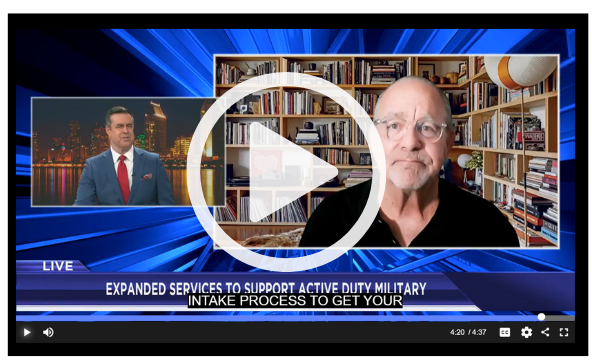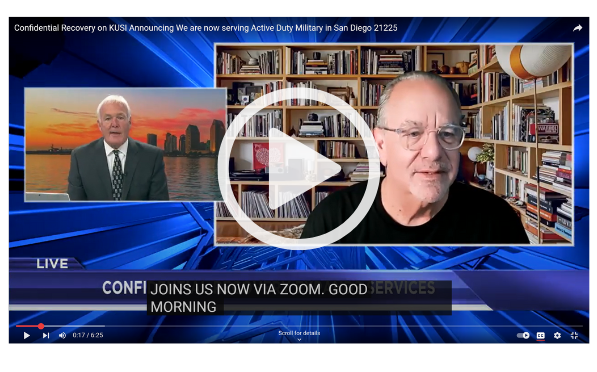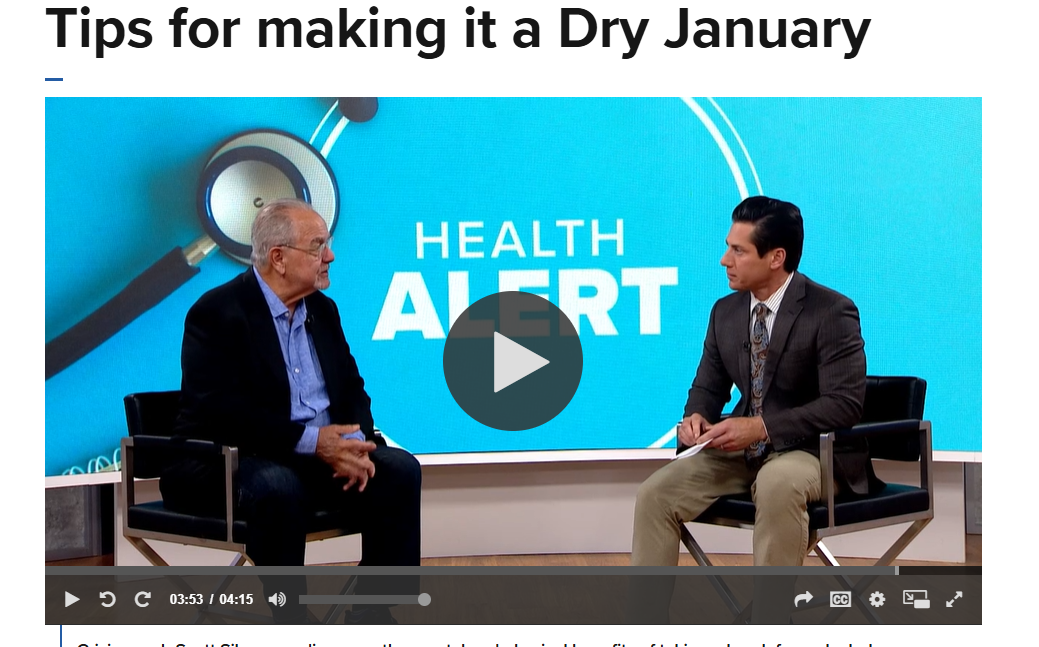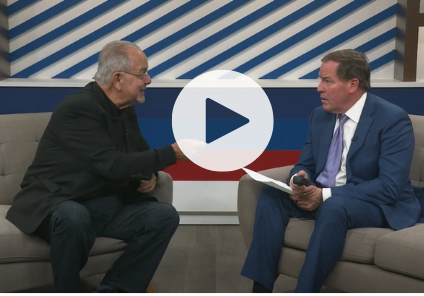If you wait for your teen to begin exhibiting signs of addiction, it may already be too late.
The DEA launched the “One Pill Can Kill” initiative in September 2021 to battle the increase in illegal opioid distribution and use, with fentanyl being the top priority. In just four months, they seized more than 10 million fentanyl pills and nearly one thousand pounds of fentanyl powder.
Fentanyl is in this country, and it’s coming for your teen.
Take a proactive stance against teen drug addiction.
Recently, Scott had the opportunity to write an article for Psychreg, in which he detailed a few ways to help raise awareness with your teen and keep them safe. Below are five ways you can take a proactive stance against teen drug use:
- Talk about it.
Don’t wait for the conversation to come to you. If your teen asks you about drugs and addiction, it means someone else in their life has been talking about drugs—or worse, offering them. Make sure you’re the first to explain the dangers of drug use, addiction, and peer pressure, so they don’t find out firsthand.
- Listen.
Make sure your teen knows they can come to you about anything. Listen fully and without judgment when they talk about the big things, like sex and drugs, and the little things, like whatever video game or music they’re into. We all lead busy lives, but it’s vital that your child feels comfortable talking to you.
- Be honest.
You don’t need to reveal everything about your past, but one of the worst things we can do as parents is pretend to be perfect. If your teen knows you can relate to issues like bad grades, depression, and peer problems, they’ll feel less alone. They’ll also see that you overcame these issues, giving them confidence that they can, too.
- Set a good example.
Your teens pay more attention to you than you think. It may feel like they never listen, but you can be sure they’re watching. If you don’t want them to rely on substances, make sure you’re not normalizing heavy drinking and drug use. Demonstrate healthy ways to deal with stress and frustration.
- Know where they are.
We all know the old PSA, “It’s 10 pm. Do you know where your children are?” Even if you’re too young to have seen it yourself, it’s been quoted so many times it’s become a cliché. But you should know where your children are. Know who they’re hanging out with, where they’re going, what they’re doing, when they’ll be back, etc. It’s much better to be labeled a nagging, overprotective parent than the parent of another statistic.
All of these addiction prevention measures are intertwined. If you are honest with your children in words and actions, they’ll feel more comfortable talking to you about their problems. If they feel comfortable talking with you, then you won’t have to nag them.
Creating this open, honest relationship with your child will make them more receptive when you speak with them about the dangers of fentanyl and other drugs.
Whether you’re looking to take preventative measures or need help getting through to a loved one already in the throes of substance use disorder, Scott Silverman is here to help. Call him anytime at 619-993-2738.
(c) 2022 Scott H Silverman. All Rights Reserved.






